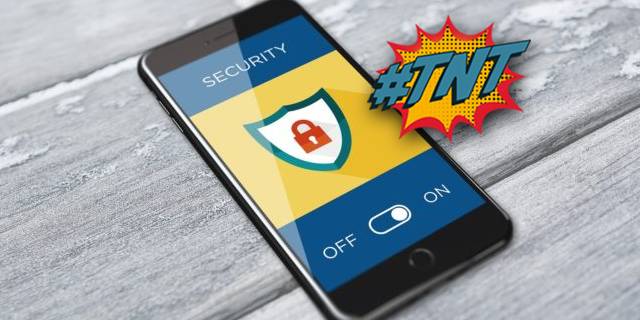
There are currently about 12 million websites that are currently hacked or infected. In today’s Tech News Tuesday episode, we’re talking about your website, and how to make sure it stays safe from hackers. Getting hacked can be devastating to your business, so we have some helpful tips to keep your website safe!
Transcript
Welcome to the Get Digital Marketing Results podcast where we give you information and actionable tips to grow your organization.
Bob: Hi, I’m Bob Clark.
Donna: And I’m Donna Botti. We’re with Delos Inc and we make the web work for you. In today’s Tech News Tuesday episode we’re talking about your website and how to make sure it stays safe from hackers. Websites will always be a target for hackers and the impact of a hack can be devastating to your business.
Bob: That’s right Donna, Google’s Safe Browsing attempts to warn users about unsafe websites and it currently delivers around 3 million warnings a day. There are currently about 12 million websites that are currently hacked or infected. Most people think that hacks happen usually to very big companies, but it can happen to the rest of us. Most of the time hackers aren’t targeting you individually. They often deploy bots looking everywhere for vulnerabilities so they can use your web resources for illegal purposes without having that resource in their name. So what can we do to keep the information of our customers and visitors private and our website safe?
Donna: Well there’s a number of steps you should take. First, you should make sure that you have the SSL certificate that encrypts the connection between your website and the viewer’s browser. It’s that little lock icon next to your site when you are viewing it. It’s also a Google ranking factor!
Another thing to do is to make sure you get a good hosting plan and have your software updated on a regular basis. You can also use a web application firewall service like Sucuri or Cloudflare. These add an additional layer of protection. And if you take payments on your website, don’t store any credit card information directly on your site. Payment gateways can handle the security and PCI compliance for you.
Bob: You should also keep the list of users with access to your website current, and do not grant more access than is needed. This can only be said so much, but don’t make it easy for hackers to get access to your site. Use strong passwords.
Donna: Right, password 1-2-3 is still one of the most common passwords out there and it’s just not a good thing to do. Now when you request information from your website’s visitors whether in a contact form, sign up form or order form, only ask for information that you will really use. If you never call them, don’t ask for their phone number. The less personally identifiable information that you are storing, the better off you will be. And finally, don’t keep old information on your website. If you’ve responded to someone’s contact form or they have an inactive account, just delete that data! Half the website security battle is awareness and education.
Bob: That’s it for today’s episode. You can find a link to a couple helpful articles on this topic and a transcript of today’s podcast, at DelosInc.com/184.
And don’t forget to subscribe, so you don’t miss out on our actionable digital marketing tips to grow your organization.

